Are you in the process of selecting a major to study at university, but don’t know which one to choose?
The number of majors available at each university can be overwhelming. After all, completing a degree takes a lot of effort, time, and money so you want to be sure that the major you select will help prepare you for a career that you’re passionate about.

In your first year of university in Australia, you will usually learn a range of disciplines instead of focusing on one major. This method helps you determine what you love to learn about and what your skills are. In your second year of university, you will be asked to select your major.
Here are the 8 things to consider before choosing your major at university.
1. Priorities
Think about what factors are important to you and relevant to your career goals. Then rank them in order of priority. For example:
Priority ranking
- High salary potential
- Job in demand
- Job security
- A major that I’m highly skilled in
- A major that I’m passionate about
If you want to find out whether an industry role has high salary potential or is in demand in the future, you can look at websites such as Jobs and Skills Australia.
For roles that you’re interested in or highly skilled in, have a look at career blogs, member associations or industry bodies to be informed of what types of roles are available and what the responsibilities and expectations are. For example, if you’re interested in Marketing, you can read a career blog on the benefits of a career in marketing.
2. Skills
Everyone has skills, so do not think that you are not good at anything. You could take Study Australia’s Career Matcher quiz to find the course that suits your strengths.
Talk to your family and friends and ask them what they think your skills are. It helps to get an objective point of view. You can also have a look at your high school results and see which subjects you excelled at.
If you are already working part-time, what are you particularly good at within your role? Perhaps you are great at mathematics, design, customer service or managing projects.
But what if you want to study something that you’re not skilled at? That’s fine. You’re coming to university to learn the knowledge and skills required for your chosen career.
You do not have to study what you’re currently good at, skills can be developed with practise. The Careers Advisors and Student Service Team at universities are available to help you with professional skills development and achieving other career goals.

3. Interests
It’s easier to be motivated to study something that you’re interested in and more motivated to make a career out of it. Make a list of the industries you want to learn about, the hobbies you have, or the student clubs you’ve joined.
Don’t worry if your skills (relevant to your interest) are currently at a beginner level; they can improve over time – you just need to be willing to learn and practise.
4. Salary
It’s no secret that students often choose a major that will result in a job that has high earning potential. Many parents prefer their children to pursue a degree that provides a salary that will increase over time. However, your interests may differ from your parents.
The best outcome is if the occupation you’re interested in or passionate about can also provide a high salary potential. But if that’s not the case, that’s fine. Salary isn’t the only reward from a job. Other rewards could include flexibility, great team members, mentors, training, and career progression. You may perceive these rewards being more valuable than a high salary.
For information on average salaries, you check out websites such as Payscale, Seek, indeed or Glassdoor. The Australian Bureau of Statistics also releases a list of occupations offering the highest salaries.

5. Job security
It makes sense to study a major that will lead you to an industry with plenty of jobs after you graduate and where your skills are in high demand. You can have a look at the Skills Priority List that reveals which occupations are in national shortage in Australia. Please note, that this list changes often, so be sure to check for updates.
6. Time and difficulty level
The number of years to complete the degree, workload, and difficulty level are also things you need to consider. Perhaps you have a budget or personal commitments that may prevent you from dedicating huge amounts of time each week to study. Research university websites to get information on things such as cost and time commitments before selecting your degree.
7. Two majors
Many people have more than two interests. So, if you are passionate about two things, you can study both (dependent on what the university offers). Studying two majors gives you the flexibility to graduate with knowledge and skills in two different areas giving you better career options. For example, you may like to major in Accounting and Marketing (Bachelor of Commerce) or Medical Sciences and Public Health (Bachelor of Health and Medical Sciences).
8. Ask your academic advisor
Choosing the right major is a very important decision so it’s wise to ask for help. You can talk to your university academic advisor to help you make your decision easier. They have experience in helping many students select the right course for them and may suggest a major you had not considered previously that better meets your personal and career goals.
At the University of Adelaide College, we want to make sure that you have the right support to make the most of your study experience with us. Our student services team are here to offer you any career or academic guidance you may need.

